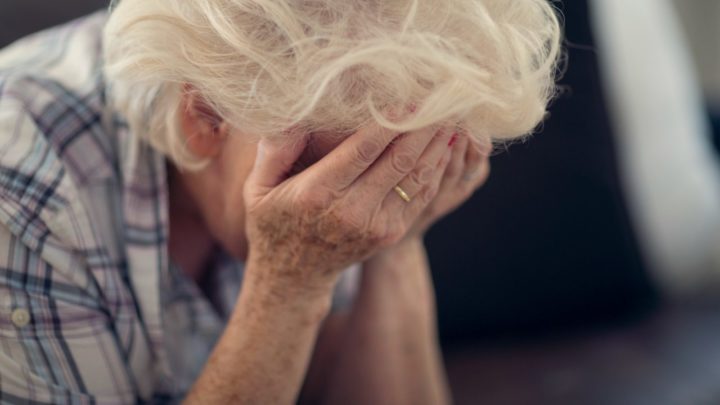Messages of condolence on social media ‘can cause more harm than good’

Losing a loved one is one of the most heartbreaking experiences a person can go through and while messages of condolence via social media may seem like a supportive way to ease the pain, a new study has shown they are doing more harm than good.
It’s something many people will have done when a friend is mourning the death of one of their nearest and dearest, as a way to show they care, but research by WebMD has revealed it’s better to use alternative methods to approach the situation.
In fact, when asked how they felt about messages via the online platform, 41 per cent of respondents claimed it made them feel worse during an already emotionally draining time.
Meanwhile, other unsuccessful approaches towards death included saying “it could be worse”, with 46 per cent of study participants claiming it only made the situation worse.
Recommending that the person move on or seek closure had a similar effect, with 42 per cent saying it made things worse and a mere 16 per cent saying it improved the situation.
Unsolicited advice also had a tendency to continue the downward spiral of emotions, with 33 per cent saying it hurt and 19 per cent saying it helped.
Speaking to The Daily Mail about the results, WebMD contributor Dr Seth J Gillihan said while these actions may be “very well-intentioned”, sadly in most cases it “comes across as dismissive”.
“We try to fix the person’s grief, to take it away, either by minimising it, saying ‘I’m surprised you’re so upset!’ or by trying to offer advice – ‘this was helpful to my aunt when she lost her husband’,” WebMD contributor Dr Seth J Gillihan told the news outlet.
“We do too much but we also do too little. We show up right away, we say ‘I’m so sorry’, ‘everything happens for a reason’, ‘maybe you should read this book’.
“Then after a relatively short period of time, we disappear.”
Sadly, despite all good intentions there isn’t much that will ease the pain, with only 53 per cent of research participants claiming it helped when someone tried to cheer them up. Similar results were seen with the sharing of people’s own experiences of loss, with only 53 per cent admitting it made them feel better afterwards.
In the end, family therapist Donna Schuurman said sometimes the best and only thing you can do to help someone through the grieving process is to simply be there for support.
“I often hear that the people who were the most helpful were the ones who just sat with me and didn’t want me to tell them how to help,” she explained.
“They just showed up, cut the lawn, brought coffee. And they didn’t give advice about how to get over it.”








 Proudly Australian owned and operated
Proudly Australian owned and operated